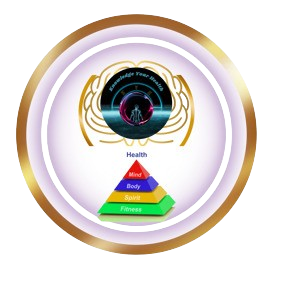Molybdenum: The Hidden Helper for Enzyme Function and Detoxification
Molybdenum might not be a mineral that’s on everyone’s radar, but it’s a real powerhouse when it comes to supporting our health behind the scenes. This trace element plays a crucial role in various functions within our body, from enzyme activity to detoxification. Let’s dive into why molybdenum is important, how much we need, and where to find it in our food.
Why is Molybdenum Important?
Think of molybdenum as a behind-the-scenes superhero that keeps things running smoothly:
1. Enzyme Function: Molybdenum is a key component of several enzymes that play essential roles in various metabolic pathways. These enzymes help break down amino acids, produce energy, and detoxify harmful substances in our body.
2. Detoxification: Molybdenum supports the liver’s detoxification processes by helping to convert harmful substances like sulfites and other toxins into less toxic forms that can be safely eliminated from the body.
3. Nitrogen Metabolism: Molybdenum is involved in the metabolism of nitrogen, helping to regulate levels of nitrogen-containing compounds like uric acid and ammonia in the body.
Healing Dosages of Molybdenum
The recommended daily intake of molybdenum varies depending on age, gender, and individual health status. Here’s a general guideline:
- Infants (0-6 months): 2 mcg (micrograms)
- Infants (7-12 months): 3 mcg
- Children (1-3 years): 17 mcg
- Children (4-8 years): 22 mcg
- Children (9-13 years): 34 mcg
- Teens (14-18 years): 43 mcg for males, 34 mcg for females
- Adults (19 years and older): 45 mcg
- Pregnant Women: 50 mcg
- Breastfeeding Women: 50 mcg
It’s important to note that excessive molybdenum intake can lead to molybdenum toxicity and potential adverse effects, including gastrointestinal issues, joint pain, and neurological symptoms. Therefore, it’s crucial to stay within the recommended daily limits unless advised otherwise by a healthcare professional.
Food Sources of Molybdenum
Molybdenum is found in a variety of foods, both from animal and plant sources. Here are some molybdenum-rich foods to include in your diet:
Legumes: Lentils, peas, and beans
Grains: Whole grains like oats, barley, and buckwheat
Nuts and Seeds: Almonds, sunflower seeds, and sesame seeds
Leafy Greens: Spinach and kale
Vegetables: Potatoes, green beans, and carrots
Conclusion
Molybdenum is a vital trace element that plays a crucial role in enzyme function, detoxification, and nitrogen metabolism. By incorporating molybdenum-rich foods into your diet, following the recommended daily intake guidelines, and maintaining a balanced diet and lifestyle, you can ensure adequate molybdenum intake and support overall health and well-being. However, if you suspect you have a molybdenum deficiency or are considering molybdenum supplements, it’s essential to consult with a healthcare professional or registered dietitian to determine the appropriate molybdenum intake tailored to your individual needs and preferences.
